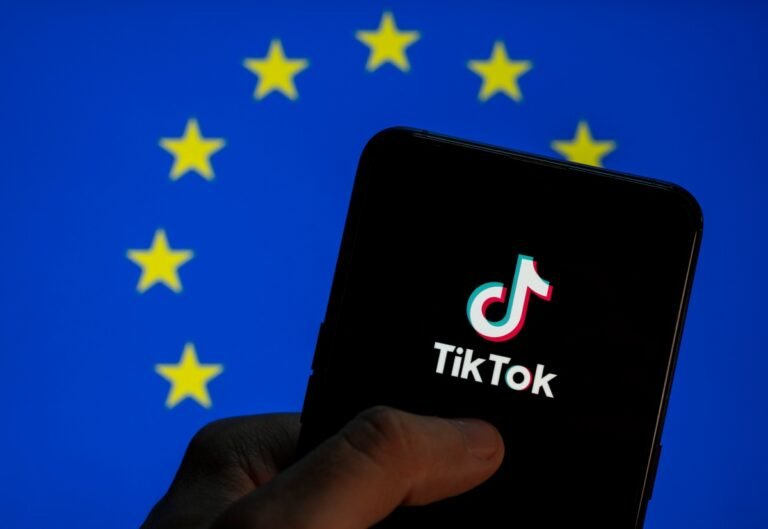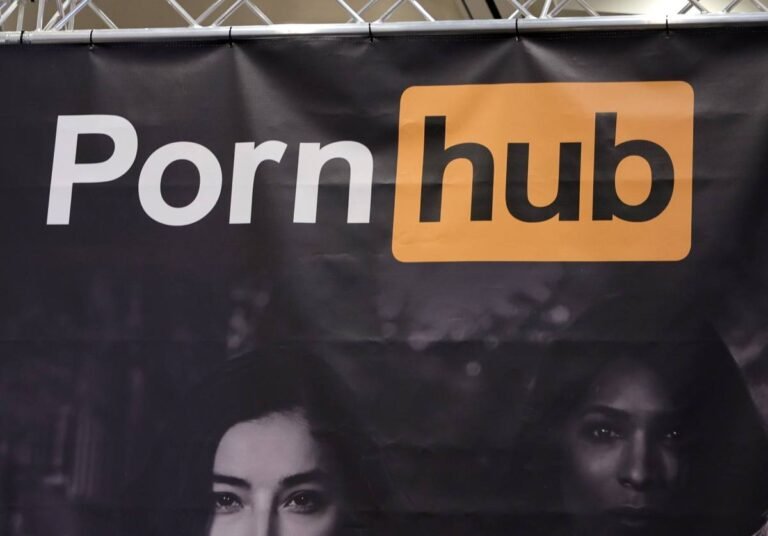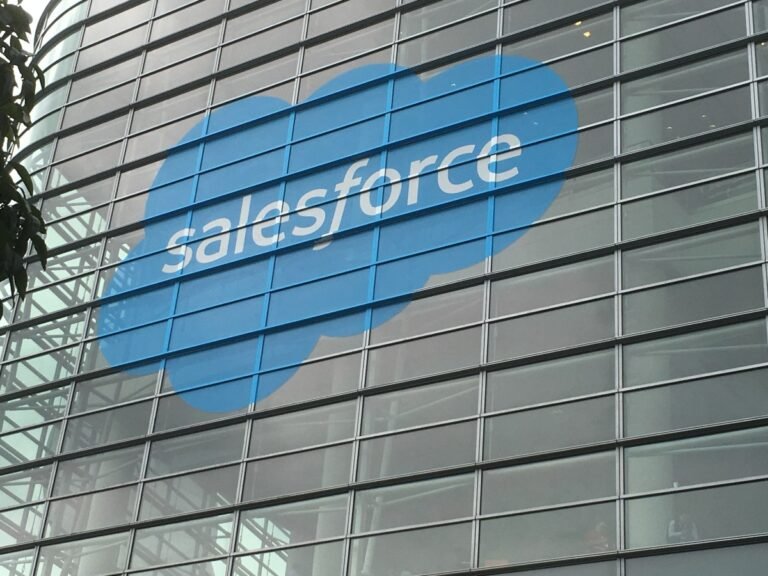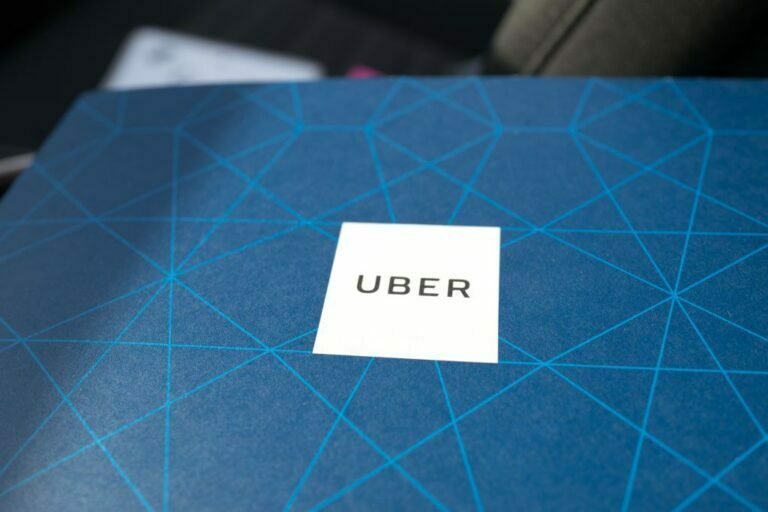
The European Union is formally investigating TikTok’s compliance with the bloc’s Digital Services Act (DSA), the Commission has announced.
Although the EU’s concerns over TikTok’s approach to content governance and safety predate the DSA coming into force on larger platforms.
Commenting in a statement, Margrethe Vestager, EVP for digital, said:The safety and well-being of online users in Europe is crucial.
The EU may also accept commitments offered by a platform under investigation if they are aimed at fixing the issues identified.
In TikTok’s case the platform informed the bloc last year that it had 135.9M monthly active users in the EU.

These asks are specifically in relation to requirements that platforms provide data access to researchers investigating systemic risks in the European Union.
“Access to data by researchers is key to ensure accountability and public scrutiny of platforms’ policies.
So, basically, step forward and take a bow Wikipedia — which might just be the only VLOP that’s getting things right (or, well, less wrong) when it comes to providing data access for researchers.
But, under the DSA, they must facilitate data access for research into so-called systemic risks, such as disinformation, child safety issues, gender-based violence and mental heath concerns.
While 17 RFIs may sound like a lot of regulatory action we’re still at an early stage of the Commission’s oversight of the data access for research issue.

Last year the Commission released some documents relating to its exchanges with the company in question but denied access to others.
But EU legislation is a three way affair — requiring buy in from the Commission and Council, too.
Here’s the statement, attributed to European Commission spokesperson for Home Affairs, Anitta Hipper:The Commission will provide access to documents as appropriate and within our legal framework.
Specifically, as regards the Ombudsman recommendation, the Commission will carefully consider the recommendation of the Ombudsman.
We reached out to Thorn but it did not respond to a request for comment about the ombudsman’s inquiry.

The European Union is checking whether Microsoft’s investment in generative AI giant OpenAI is reviewable under the bloc’s merger regulations, it said today.
“Finally, the European Commission is checking whether Microsoft’s investment in OpenAI might be reviewable under the EU Merger Regulation,” it added.
Commenting in a statement, EU competition chief Margrethe Vestager said:Virtual worlds and generative AI are rapidly developing.
They also told us there are no “particular concerns” the EU has identified yet vis-a-vis competition and generative AI as yet.
Per the spokesperson, a transaction would be notifiable to the Commission under the EU Merger Regulation if it involves ” a change of control on a lasting basis”.

Back in April, the EU announced an initial list of 17 so called very large online platforms (VLOPs) and two very large online search engines (VLOSE) designated under the DSA.
The addition of the three platforms designated today changes that.
age verification, not self declaration) prior to accessing content — but that could be set to change in the region as a result of the trio being designated VLOPs.
Today we designate 3 additional very large online platforms.
Pornhub, Stripchat and XVideos meet the user thresholds to fall under stricter #DSA obligations.

Salesforce has announced plans to acquire Spiff, a platform that automates commission management for sales teams.
The deal also constitutes the latest in a line of ecosystem companies that Salesforce has eventually brought in-house.
Back in September Salesforce acquired Airkit, a low-code platform for building AI customer service agents.
And similar to Spiff, Airkit was also available on AppExchange.
So it’s clear that Salesforce continues to see tried-and-tested ecosystem companies as a safe bet for its M&A endeavors, with “low-code” playing a key factor too.

Elon Musk’s X marks the spot of the first confirmed investigation opened by the European Union under its rebooted digital rulebook, the Digital Services Act (DSA).
Its earlier actions were focused on concerns about the spread of illegal content and disinformation related to the Israel-Hamas war.
So the Commission’s official scrutiny of X could have real world implications for how the platform operates sooner rather than later.
However the Commission obviously has doubts X has gone far enough on the transparency front to meet the DSA’s bar.
The investigation may also test Musk’s mettle for what could be an expensive head-on clash with EU regulators.

The traditional role of the real estate agent has long been challenged as the internet has made it easier for people to search for, and tour, homes.
The buyers’ agent commission varies from transaction to transaction depending on what is offered by the seller.
In a scenario where the buyer’s agent commission is 3%, for example, the home buyer would receive up to 1.5% as a rebate and Prevu as a company would retain the other 1.5%.
Buyers receive the commission rebate via check after closing.
Making home buying “more attainable”So besides rebates, what is Prevu doing that’s different from its competitors?

Elon Musk’s X, the social media platform formerly known as Twitter, is facing a new privacy complaint in Europe related to its ad targeting tools.
The complaint, which is being lodged with the Dutch data protection authority by privacy rights not-for-profit noyb, accuses X of failing to enforce its own its advertising guidelines.
“After we filed our first complaint in this matter, the EU Commission has already confirmed to stop advertising on X.
“In November, this unlawful use of micro-targeting already prompted noyb to file a complaint against the EU Commission itself.
“It remains to be seen if the Commission may take action against X itself under the DSA,” noyb further added.

In the short time since Tanzania capped commissions e-hailing firms like Uber and Bolt charge their partners at 15%, many drivers have seen their earnings increase substantially. However, as of…













